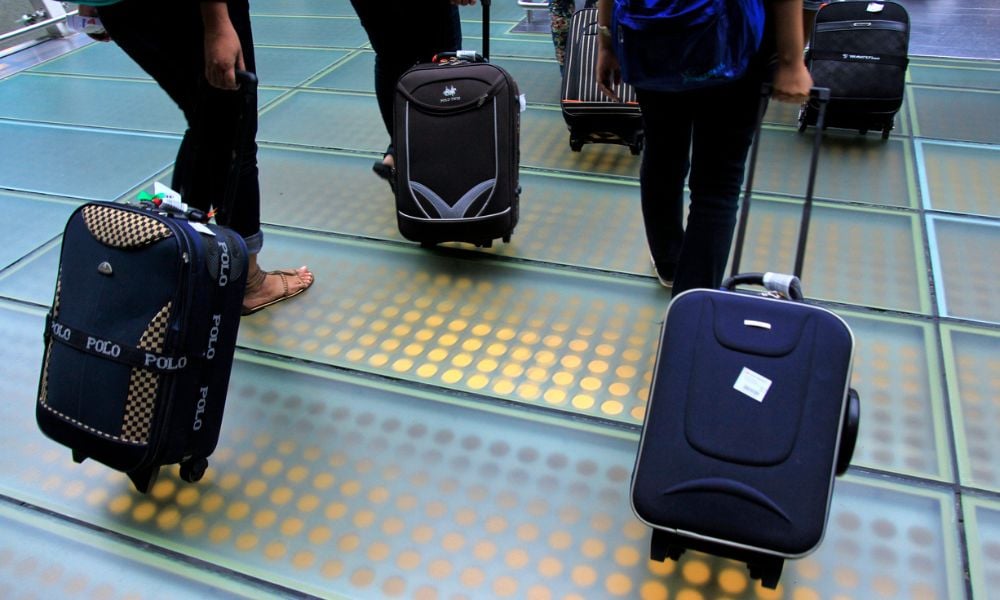New report also cites businesses' vulnerability against cyber risks

Small and medium-sized enterprises (SMEs) in Singapore are "mostly unconcerned" about the impact of artificial intelligence despite its growing adoption in workplaces, according to a new report.
Nearly half (49%) of 605 SMEs in Singapore said AI has or will have an impact on their business productivity, particularly a positive one, a new QBE report revealed.
In fact, respondents said it will positively affect areas of automated response (6%), routing manual work/tasks (6%), and finance/accounting/audit functions (4%).
The findings reflect how Singaporean organisations are embracing the rapidly developing technology, such as AI, in their organisations.
And while 30% of SMEs say AI is a threat to business activity, according to the report, employers are "mostly unconcerned" about the negative effect of AI: such as AI-instigated cyber-attack (15%), privacy issues and identity breaches (10%), and data leakages because of advanced technology (6%).
"AI certainly has the potential to be a great enabler of better productivity, and I would urge SMEs not to lose sight of the risks as they embrace this technology and all the benefits that can come with it," said Shun Quan Goh, Head, Underwriting, Retail & SME, QBE Singapore, in a statement.
Vulnerability to cyber risks
The warning comes as SMEs in Singapore are also revealed to be vulnerable to cyber risks amid sinking awareness and lack of processes and protections to defend against attacks.
QBE's report found that only 47% of SMEs are fully informed of possible cyber risks, down from the 57% recorded last year. The report attributed this to the lower number of cyber events among SMEs in 2024, where only 25% Of SMEs were affected by cyber events, down from the 38% in 2023.
The number of SMEs that also don't have any processes or protection against cyber risks also went up to 19%, from the nine per cent last year.
So far, majority of SMEs (59%) said they use software solutions to protect themselves from cyber threats. They also train staff (46%) and hire dedicated staff to handle cyber security (44%).
"This number shows how vulnerable SMEs may be to cyber risks, and underscores the need for companies to educate, upskill, and protect themselves in this area. Businesses cannot afford to be complacent about cyber security, it really is a matter of when, and not if, a cyber breach happens," Goh said.








